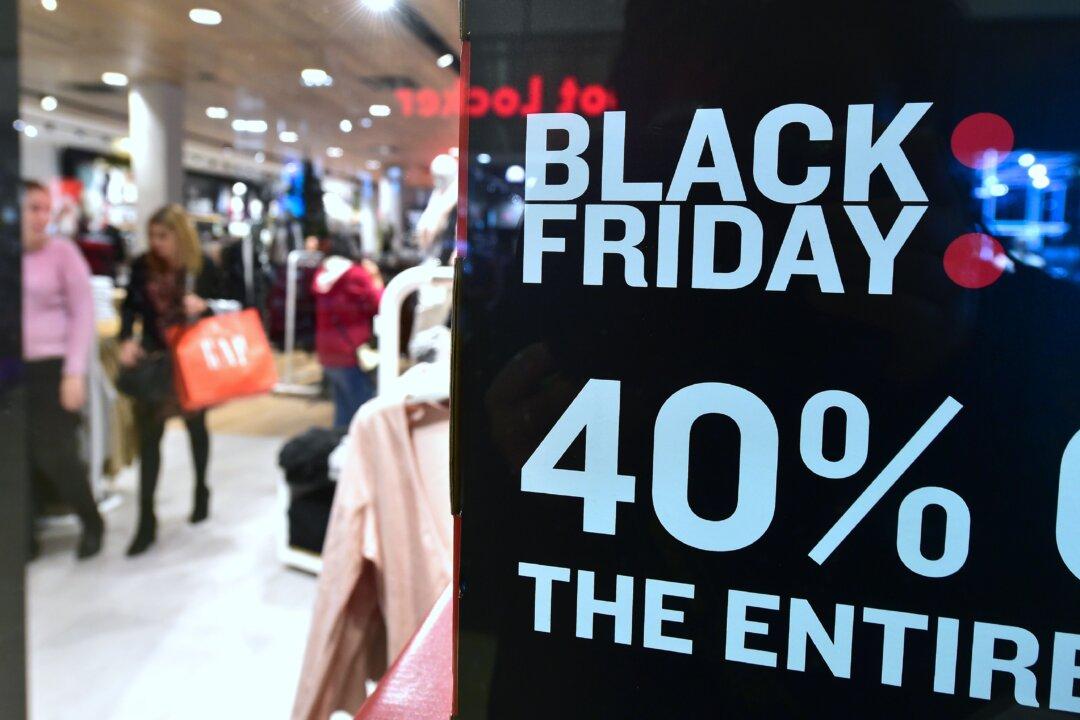California Attorney General Rob Bonta issued a list of suggestions on Nov. 26 for shoppers to avoid scams during the holiday season and requested that consumers file reports about department stores that lack gender-neutral children’s sections.
State law, established by the passage of Assembly Bill 1084 in 2021, which took effect at the beginning of 2024, requires department stores with at least 500 employees across California locations to offer children’s sections that do not separate items based on gender.





